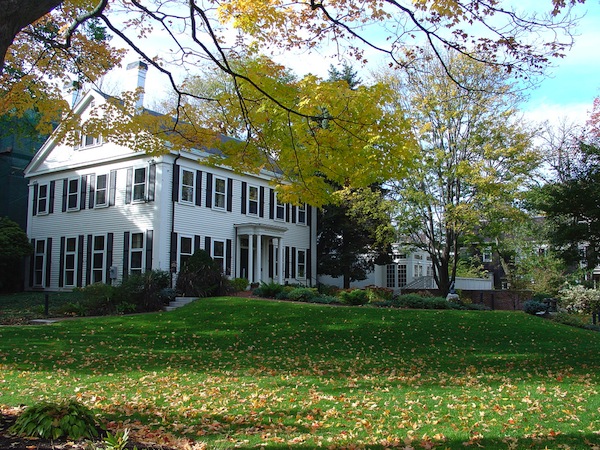
It’s fall here in Cambridge, which means it’s time again for journalists from around the world to be thinking about applying for a Nieman Fellowship.
Niemans get to spend a year at Harvard, studying the subjects of their choice with the aim of making them better journalists at year’s end than they were at year’s start. Our next class of fellows, who’ll arrive in Cambridge next August and stay through May 2013, will be our 75th.
Each Nieman class numbers between 20 and 30, roughly evenly split between American and international journalists. And — important note here — the deadline for international journalists to apply has moved up this year, to December 1. (It had been December 15 for some years. For Americans, the deadline is January 31.)
There’s lots of information about the fellowships over at the main Nieman website, including details on eligibility, our specialized fellowships, and other details like how much we pay you, how your family can join the experience, and Nieman activities. You can read about the current class of fellows to get an idea who’s preceded you.
You can apply entirely online — you’ll have to write a couple brief essays about what you’re like to accomplish, and we’ll need letters of recommendation and examples of your work. But it’s not an inordinately time-consuming process — international journalists still have plenty of time between now and Dec. 1 to get it done.
Three quick notes:
Good luck!